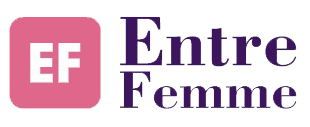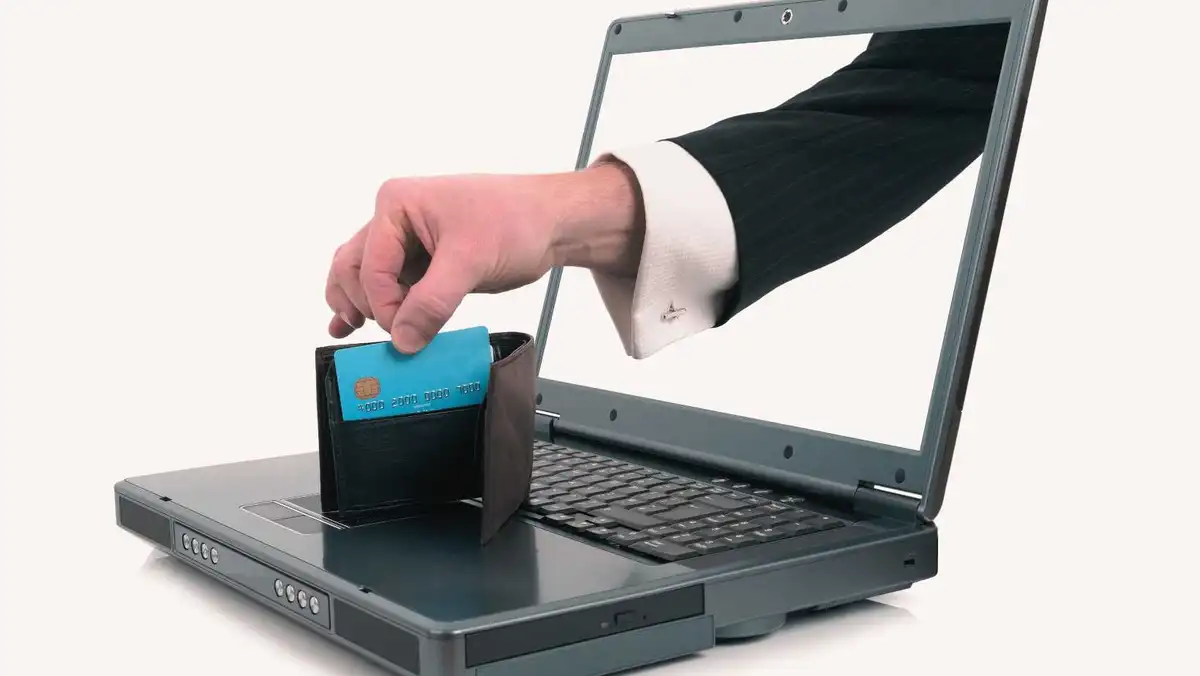How to Protect Your Finances From Identity Theft
Safeguard your finances with these identity theft prevention tips. Monitor, secure your accounts, and stay vigilant for enhanced financial security
- Entrefemme
- May 13, 2025
- 0 Comments
- 2576 Views
In the United States, research from the private sector has revealed that approximately 9.3 million adults fell victim to identity fraud in 2023, and the total losses (individuals and companies combined) due to identity theft exceeded USD 52 billion. Enormous. This figure is even more staggering in other countries where financial security is not really at its peak. We have likely all encountered someone who has experienced such a harrowing ordeal, and it's far from a laughing matter. As you can probably guess, we will talk about identity theft today. Feel free, as usual, to comment and share your experiences to strengthen those who will read this text and may potentially be victims of such incidents. Toward the end of the document, I will share the testimony of a friend who fell victim to identity theft and the kind of depression it led her into. But for now, let's delve into some key points to ensure good data protection.
I. Definition
Identity theft, an insidious scourge that silently infiltrates the folds of our digital lives, seizes the personal information of others. This crime goes well beyond simple data theft; it represents a sinister intrusion into privacy, allowing criminals to hide behind the mask of their victims and exploit their identity for often nefarious purposes. Those who fall victim to it often find themselves in an emotional and financial labyrinth, desperately seeking to restore the balance disrupted by this insidious violation.
II- How to Protect Your Finances From Identity Theft
1. Regularly Monitor Your Accounts
One of the simplest ways to quickly detect any suspicious activity is to monitor your financial accounts regularly. Scrutinize your monthly bank and credit card statements, looking for unfamiliar transactions. If you spot anything unusual, report it immediately to your financial institution or police. Your filed complaint document will assist you in defending yourself if a transaction has been made in your name. In most cases, you can block all your accounts and obtain new identity documents.
2. Use Strong Passwords
Enhance the security of your online accounts by using strong passwords. Avoid using obvious personal information such as your name, date of birth, or pet's name. Opt instead for combinations of letters, numbers, and special characters. Change your passwords regularly and use password managers to simplify this task. A helpful tip, especially if you have multiple accounts, is to use password managers that are secure and endorsed by experts.
3. Beware of Fraudulent Emails and Calls
Scammers often employ phishing tactics to obtain sensitive information. Be skeptical of emails or phone calls requesting personal or financial information. Never provide confidential data unless you know the identity of the person or entity making the request.
4. Check Your Credit Score
Regularly check your credit score with reputable credit agencies. An unexplained drop in your credit score could indicate fraudulent activity. By monitoring your credit score, you can quickly detect any issues and take steps to address them.
5. Protect Your Physical and Virtual Documents
Keep your physical and financial documents safe and locked, such as bank statements and tax returns. Safely destroy any obsolete financial copies by securely burning them (please do not burn them at home) or using a shredder.
No personal document, be it a birth certificate copy, an old passport copy, or other personal documents, should leave your home intact. Also, lock your mailbox to prevent important information from being stolen.
Store virtual documents on a USB drive if you use them frequently and only connect it to trusted computers. Being a bit paranoid about your privacy is crucial because identity theft can indeed wreak havoc on your life.
6. Use a Secure Connection
When conducting online transactions, ensure you use a secure connection, especially by avoiding public Wi-Fi networks for sensitive operations. Unsecured networks can be vulnerable to attacks, jeopardizing your financial information. Also, note that the government will never email you asking for your data in most transactions. Ensure you log in to official and secure websites. It's worth noting that advertising agencies often conduct surveys and need your information. Just be cautious before entering; do your research first.
7. Subscribe to Identity Theft Protection Services
Many financial institutions offer identity theft protection services. These services may include continuous monitoring of your personal information, alerts for suspicious activity, and insurance in case of identity theft. Explore these options to enhance your financial security further.
III. Testimony
A real ordeal is the phrase I want to use to describe the situation my friend Justine went through. Here is the whole story.
In July 2020, while she was still a student living in Paris, she took the metro to class. On this day, she was also looking for a job, so she assembled a small folder containing her CV, a copy of her ID, passport, and other administrative documents. Once off the train, she realized she had forgotten the folder with all these documents on the train. Initially, she thought she needed to make new copies and start over. There has been no problem so far. The troubles began a month later when she started receiving emails from the bank stating that she had taken out a loan of 1000 euros. Frightened by this message, she showed it to her father, and they hurried to the nearest police station to clarify the situation. She explained the case to the police, and an initial complaint was filed. She was informed that an investigation was underway. Days passed, and she continued receiving bank messages, which eventually turned into letters from debt collectors. It was no longer a joke at that point. Fortunately, her father and other family members were there, moving between the police station, bank, and city hall, trying to end it all. In the meantime, she had graduated, and it was time to look for a job. That's when the depression began. In her first job interview, she learned she had a criminal record. Shocked, she requested to see her history from a bailiff and found out she had been convicted of theft, but surprisingly, the bail had been paid. Because of this simple record, she had been rejected for more than ten positions, even though she tried to explain each time. After three years, she finally succeeded in having her record and debt annulled.

 | Unlock Success with Our Guide
| Unlock Success with Our Guide



0 Comments